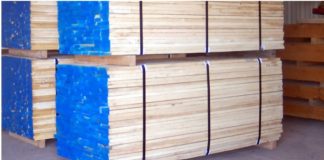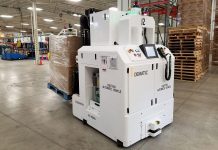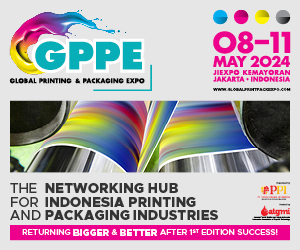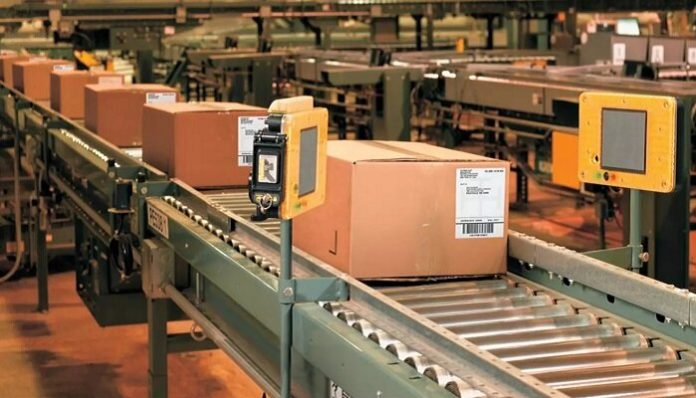If one happens to be a production scheduler, there is indeed a proper understanding of the critical role that material tracking as well as traceability play when it comes to ensuring smooth operations, rising up to the customer demands, and, at the same time, complying with regulatory requirements.
Let us explore the significance of material tracking along with traceability in packaging manufacturing and how integrating systems such as PlanetTogether with leading ERP, SCM, and MES platforms can go on to enhance these processes.
The Importance of Material Tracking and Traceability
Material tracking happens to involve monitoring the movement when it comes to raw materials, components, and finished products all through the manufacturing process. Traceability goes a step further, enabling you to trace the origin, production history, and destination of each material or product unit. These practices are indeed vital for several reasons. Let’s look at each of them:
Quality Control: Tracking materials right from receipt to production to even shipment enables one to go ahead and identify and rectify quality issues in a prompt way. With traceability, one can pinpoint the source as far as the defects are concerned and take corrective action so as to prevent a recurrence.
Compliance: Regulatory bodies go on to impose quite strict requirements on packaging manufacturers so as to ensure product safety as well as integrity. Comprehensive material tracking along with traceability systems helps in demonstrating compliance with relevant regulations and standards, thereby avoiding fines and penalties.
Recall Management: In the event that there happens to be a product recall, time is of the essence. The fact is that an effective traceability system helps you to quickly identify affected batches or even lots, thereby minimizing the impact as far as consumers are concerned and at the same time protecting your brand reputation.
Inventory Management: Precise tracking of materials as well as products optimizes inventory management by way of providing real-time visibility into stock levels, rates when it comes to usage, and replenishment needs. This enables us to prevent stockouts, decrease excess inventory, and also enhance overall supply chain efficiency.
Issues when it comes to material tracking and traceability
Despite its significance, achieving seamless material tracking as well as traceability can be challenging when it comes to packaging manufacturers. Some of the common challenges include:
Fragmented Systems: Numerous manufacturing facilities make use of disparate systems for production scheduling, inventory management, and quality control, hence leading to data silos as well as inefficient communication between the departments.
Manual Processes: Dependence on manual data entry goes on to raise the risk of errors and delays, thereby compromising the accuracy and reliability of tracking as well as traceability endeavors.
Integration Dearth: Sans the integration between production scheduling software such as PlanetTogether as well as enterprise-level systems like SAP, Oracle, or Microsoft Dynamics, coordinating material monitoring throughout the varied stages of the manufacturing process happens to become cumbersome and prone to errors.
Limited Visibility: Traditional tracking methodologies often go on to provide limited visibility into the entire supply chain, hence making it quite challenging to keep track of the materials beyond the boundaries of the facility or track subcontractors’ activities.
Integration Solutions in Terms of Enhanced Material Tracking and Traceability
In order to address such challenges and, at the same time, enhance material tracking and traceability capabilities, packaging manufacturers can go ahead and leverage integration solutions that happen to connect to production scheduling software such as ERP, SCM, and MES systems. One such kind of solution is the integration between PlanetTogether as well as leading enterprise platforms such as SAP, Microsoft Dynamics, Oracle, Kinaxis, as well as Aveva. Let us have a look as to how this integration can benefit production schedulers:
Real-Time Data Exchange: By way of integrating PlanetTogether with ERP systems, production schedulers can go on to gain access to real-time data when it comes to inventory levels, production orders, and resource availability. This makes sure of accurate scheduling and also enables proactive decision-making, which happens to be based on up-to-date information.
Seamless Order Fulfillment: Integration with the SCM systems makes the flow of materials as well as information across the supply chain seamless, right from procurement to delivery. This decreased the lead times, enhanced the on-time delivery performance, and at the same time elevated customer satisfaction.
Elevated Traceability: Integrating PlanetTogether with MES systems helps in automatic capture as well as logging of production data such as batch numbers, timestamps, and operator identities. This goes on to boost traceability by creating a digital record of every product’s journey through the manufacturing process.
Predictive Analytics: By consolidating data coming from multiple systems, integration solutions help production schedulers make optimum use of advanced analytics and predictive modeling techniques. This enables us to anticipate demand fluctuations, throttle production schedules, and also lessen supply chain risks.
Best Practices When It Comes To Executing Integration Solutions
While integrating production scheduling software along with ERP, SCM, and MES systems offers many benefits, successful execution goes on to require quite careful planning and execution. Let us have a look at some of the best practices to consider:
Define Clear Aims: Clearly define the objectives and expected outcomes of the integration project, like improving scheduling accuracy, decreasing lead times, or elevating traceability.
Engage the Stakeholders: Make sure to involve key stakeholders from across the organization, such as production, procurement, IT, and quality assurance, in order to ensure alignment and buy-in throughout the integration process.
Opting for the Right Integration Partner: Choose a reputable integration partner with expertise in both production scheduling software and enterprise-level systems. Always look for a partner who comprehends the specific requirements as well as the challenges of the packaging manufacturing sector.
Prioritize Data Security: Go ahead and execute robust security measures in order to protect sensitive data exchanged between the systems, such as encryption, access controls, and regular audits.
Offer Training and Support: Invest in the training programs in order to ensure that production schedulers as well as other users gauge how to effectively make use of the integrated systems. Offer ongoing support as well as troubleshooting resources so as to address any issues that crop-up post-implementation.
Material tracking as well as traceability happen to be critical aspects when it comes to packaging manufacturing, enabling companies to make sure of product quality, comply with regulations, and at the same time also meet customer expectations. By way of integrating production scheduling software such as PlanetTogether along with leading ERP, SCM, and MES systems, production schedulers can go on to streamline operations, elevate visibility, and also enhance decision-making throughout the supply chain.
It is worth noting that embracing integration solutions as well as best practices will empower packaging manufacturers in order to stay competitive in the dynamic market landscape that is witnessed today.

























